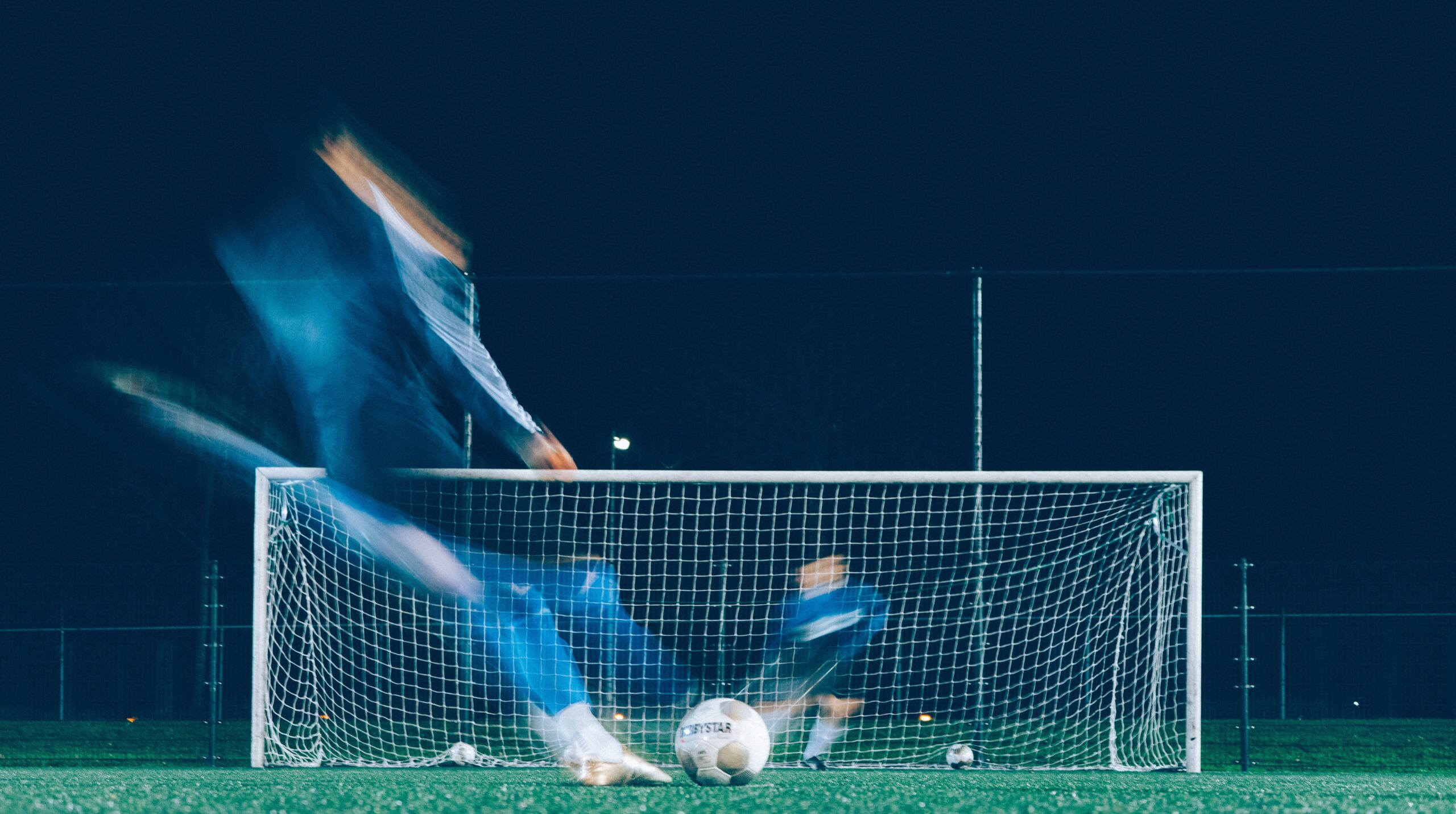Frontpage Popular News
THE OPTION | France’s Victory Calls VAR’s Efficacy Into Question
16 Jul, 18

Photo by Jannes Glas on Unsplash
In a decisive bout with Croatia, Kylian Mbappè and Antoine Griezmann led the French squad to victory, giving the country its second World Cup victory ever. While Croatia possessed the ball for nearly 70% of the game and looked to be the more dynamic team, France was far more efficient and managed to sneak four goals past Danijel Subašić, who didn’t play a particularly inspired match.
That said, France’s first two goals were made possible with the use of the video assisted referee (VAR), a new program of instant replay review that’s very similar to the one seen in the NFL. The thing is, soccer and football aren’t the same game. Football’s rules are complex and each play requires a very precise and exact ruling, but soccer is famous for its nuance and subjectivity. A lot of this has to do with the fact that the clock never stops running. In a game of fits and starts like football, it’s easy to be exacting. In soccer however, the game is constantly flowing and in order to keep this flow referees need to be trusted to make accurate calls on the field.
Instant replay is useful in determining whether or not the entire ball crossed the goal line on close goals, but that’s a very specific situation in which precise measurement is necessary. How does one precisely measure whether or not a handball was intentional or whether or not a player was tripped? It’s impossible. Refs being able to see these plays in slow motion doesn’t change that fact. Unfortunately, soccer refs do have a history of getting things wrong. Maradona famously scored off of a handball against England in the quarterfinals of the 1986 World Cup. Germany knocked out the United States from the 2002 World Cup after Torsten Frings purposely saved a goal with a hand ball, which is supposed to be an instant red card. With past mistakes in mind, it’s easy to imagine a lot of instances in which VAR would be useful. This year’s World Cup final provided some of the best evidence against this assumption.
France’s first goal was an officiating embarrassment. Antoine Griezmann, in move that can only be described as dishonorable, leapt towards the ground right outside of the penalty area. The ref on the field awarded a free kick. Still, it looked like a dive and the officials decided to consult the VAR. After watching the replay the refs agreed to give Griezmann a shot, which he scored on. The VAR didn’t even help them correct their decision.
France’s second goal was scored under similarly dubious circumstances. There was a handball in the box, but the official on the field determined that it was incidental. Instead of trusting the eyes on the field however, the refs once against deferred to the VAR and decided to rule the play in France’s favor. When comparing the two goals, the second, while ridiculous, was consistent with the rest of the handballs in the World Cup in that it automatically went to video review. That said, the reviews themselves have been anything but consistent in their rulings. How could they be? There’s no way to accurately measure intent.
In the end, except in cases of determining whether or not a ball went into the net, the VAR implies a strange contradiction. On the one hand, it implies that the refs on the field aren’t skilled enough to make accurate calls in subjective situations. On the other, the VAR’s tape needs to be interpreted by the same referees whose decision making skills are being called into question by the VAR’s very existence. If that sentence is confusing, imagine how confused Croatia was when the refs decided to award Antoine Griezmann that free kick after all.
The VAR isn’t just a bulky, pointless device. It also saps a significant amount of time off the clock, slows down the pace of the game, and breaks up the natural flow of competition. After this World Cup final, it should be clear that there’s no way to take the subjectivity out of the game. Video review only serves to slow the game down and doesn’t prevent refs from making mistakes. In fact, it draws more attention to errors when they’re made.
Matt Clibanoff is a writer and editor based in New York City who covers music, politics, sports and pop culture. His editorial work can be found on Popdust, The Liberty Project, and All Things Go. His fiction has been published in Forth Magazine. Website: https://matthewdclibanoff.journoportfolio.com/ Twitter: @mattclibanoff
POP⚡DUST | Read More…
THE OPTION | The Stafford Effect
THE OPTION | Catalan Independence and What It Means for Barcelona Soccer
- VAR at the World Cup: Assessing every major decision in Russia ›
- FIFA gives VAR the green light for 2018 World Cup – CNN ›
- What is VAR, what are the rules, and how is it being used by FIFA for … ›
- VAR at the 2018 FIFA World Cup™ – Innovations – Football … ›
- World Cup VAR – How Will It Work During The World Cup? ›













